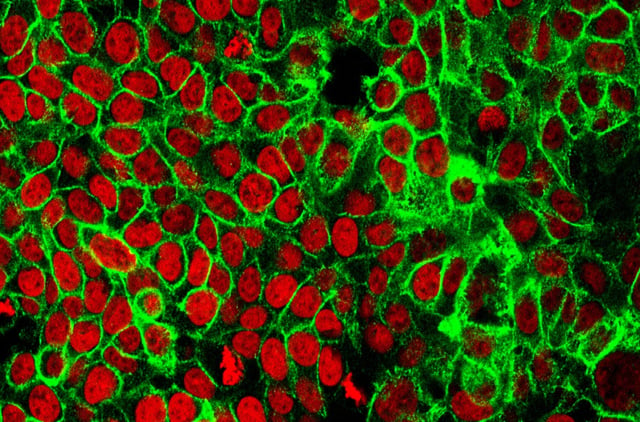Overview
- The PANDA pipeline combines Partial Least Squares-Discriminant Analysis (PLS-DA) and Artificial Neural Networks (ANN) to analyze metabolic and transcriptomic data for colorectal cancer diagnostics.
- Researchers analyzed over 1,000 samples, including 626 from colorectal cancer patients and 402 matched healthy controls, sourced from Ohio-based biobanks.
- Heightened purine metabolism activity was identified in cancer patients, with activity decreasing as tumor stages progressed, offering insights into disease mechanisms.
- PANDA is intended to complement, not replace, colonoscopy, offering a noninvasive method for diagnosis and real-time monitoring of treatment effectiveness.
- Further validation with larger, diverse cohorts is planned to enhance the pipeline’s accuracy and prepare it for clinical application.
